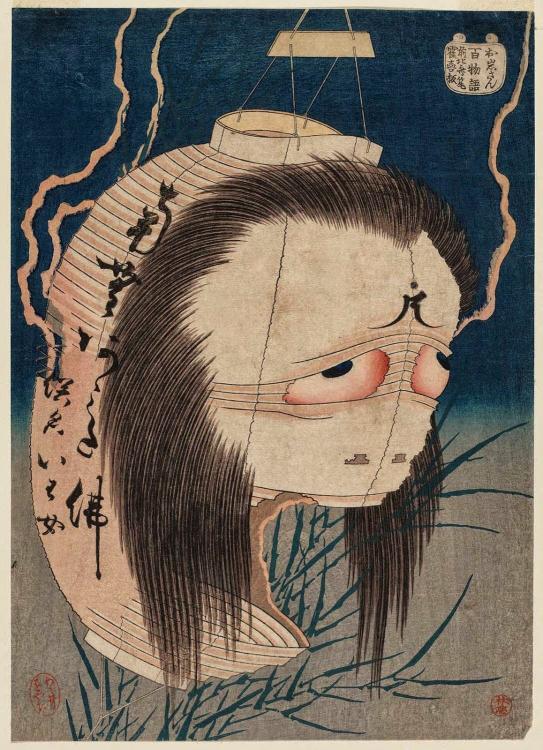
Famous Japanese ghost story Life and living RWG
What is "Ghost" in Japanese and how to say it? Home / American English to Japanese / Magic and Fantasy / ghost What is "Ghost" in Japanese and how to say it? American English ghost Japanese ゆうれい More Magic and Fantasy Vocabulary in Japanese American English Japanese crystal ball すいしょうだま alien うちゅうじん broom ほうき dragon ドラゴン dwarf こびと fairy ようせい genie
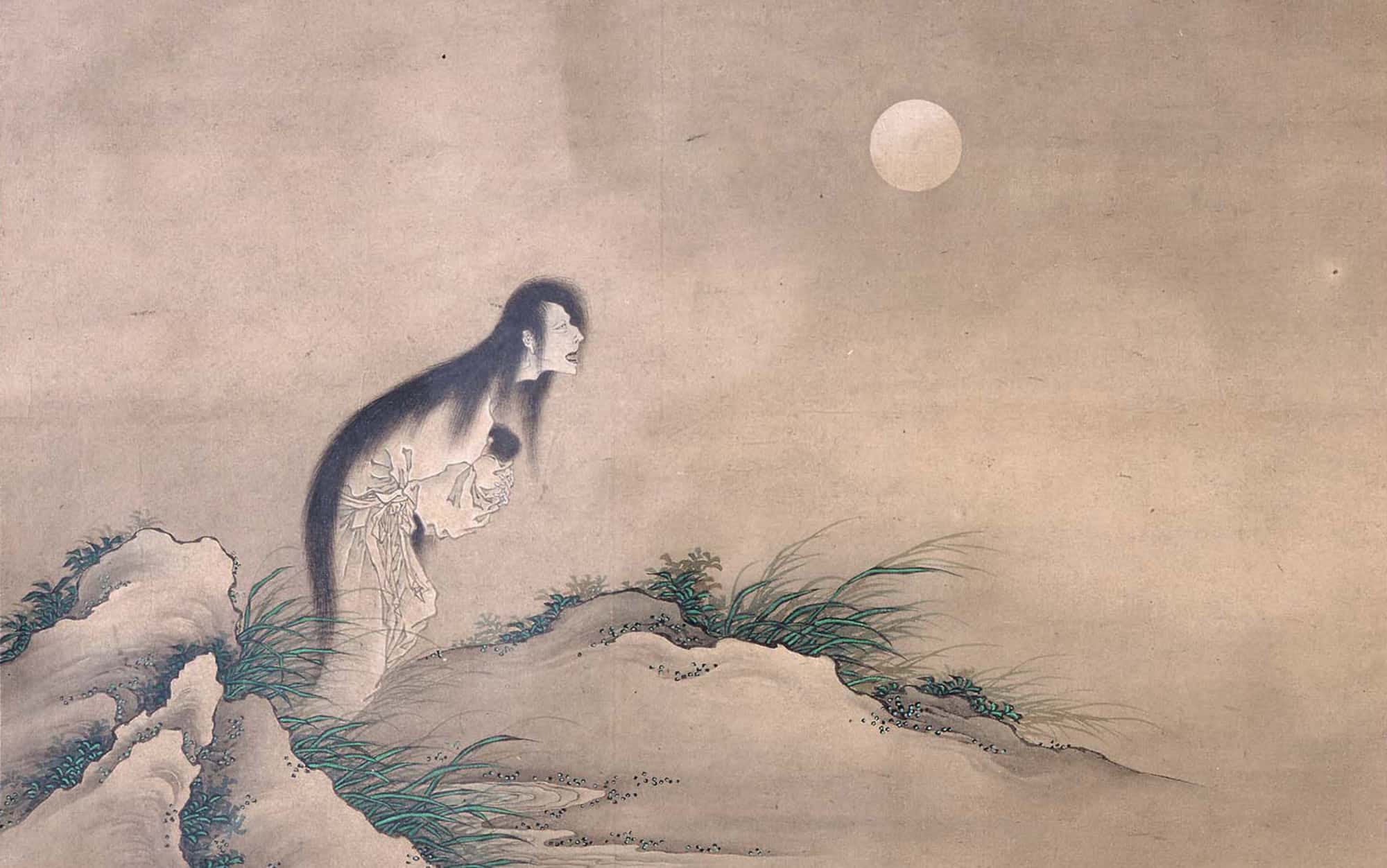
Japanese Ghosts An Introduction to Ghosts of Japan
What are the spirits in Japanese mythology? Japanese folklore is rich with a variety of spirits and ghosts. Here are some ghost names and brief descriptions of these spirits from Japanese mythology. What is the story of Yūrei? Yūrei: The Haunting Spirits of Japan Yūrei are perhaps the most iconic and haunting spirits in Japanese folklore.
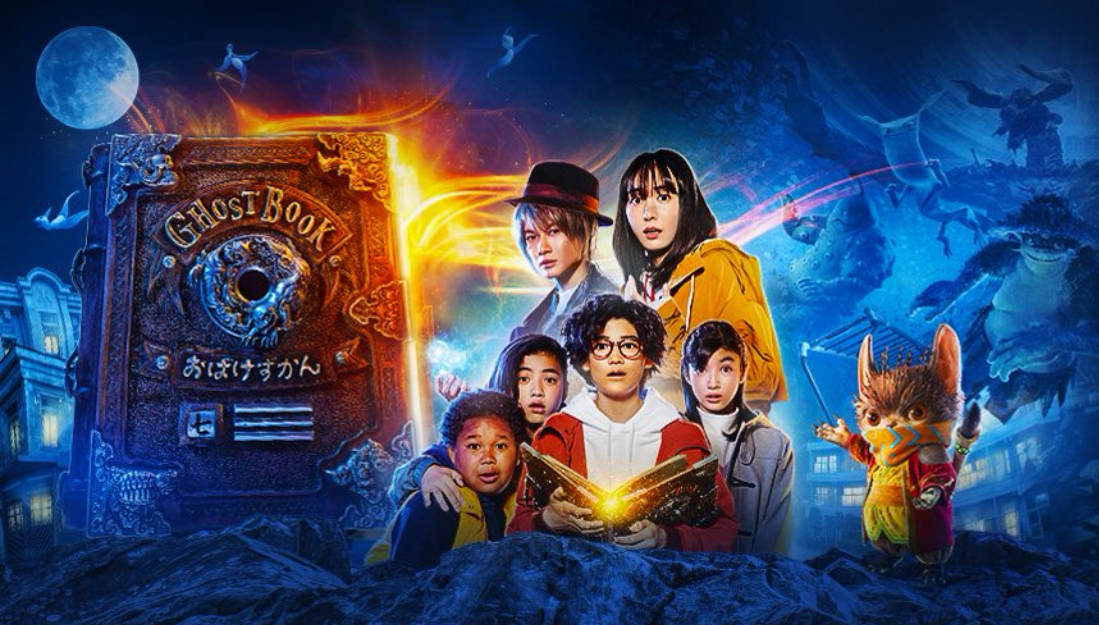
‘Ghost Book’ A Japanese Fantasy Adventure, Coming on July 22
Japanese ghosts (yurei) are spirits that have been prevented from a peaceful resting place by dramatic events during their life. Often they are murder or suicide victims . In other cases, an injustice has sparked intense desires of love,revenge, sorrow or hatred — these desires are so strong that the ghost is able to transcend death to dwell.
Onryo Japanese ghost girl
Ghost Going Downstairs. (Depositphotos) There has long been a belief in ghosts and supernatural beings in Japan. You may be familiar with Japan's Three Great Vengeful Ghosts — Taira no Masakado, Emperor Sutoku, and Sugawara no Michizane — but today's story is a bit more personal. It all started with a knock on our door.
Hiding from Japanese Ghosts Japan YouTube
Ghosts and Spooky Creatures Abound in Japan's Hotter Months By Hilary Keyes | August 27, 2021 | Japanese Culture, Seasonal Trends Scary summer stories from Savvy readers all across Japan. Summer and ghost stories go hand-in-hand in Japan.

Ghost Japan (Yurei) Odigo
Japanese Ghosts: Essential Vocabulary. There are several terms in Japanese for ghosts, just as Westerners often describe ghosts as "specters," "demons" or "wraiths." For example: 妖怪 (ようかい) — A broad term for supernatural beings, 妖怪 includes ghosts and creatures that possess spiritual supernatural powers like.

Buy Acer palmatum 'Purple Ghost' Japanese Maple — Mr Maple │ Buy
Ikiryō ( 生霊, lit. "living ghost"), also known as shōryō (しょうりょう), seirei (せいれい), or ikisudama (いきすだま), [1] is a disembodied spirit or ghost in Japanese popular belief and fiction that leaves the body of a living person and subsequently haunts other people or places, sometimes across great distances.
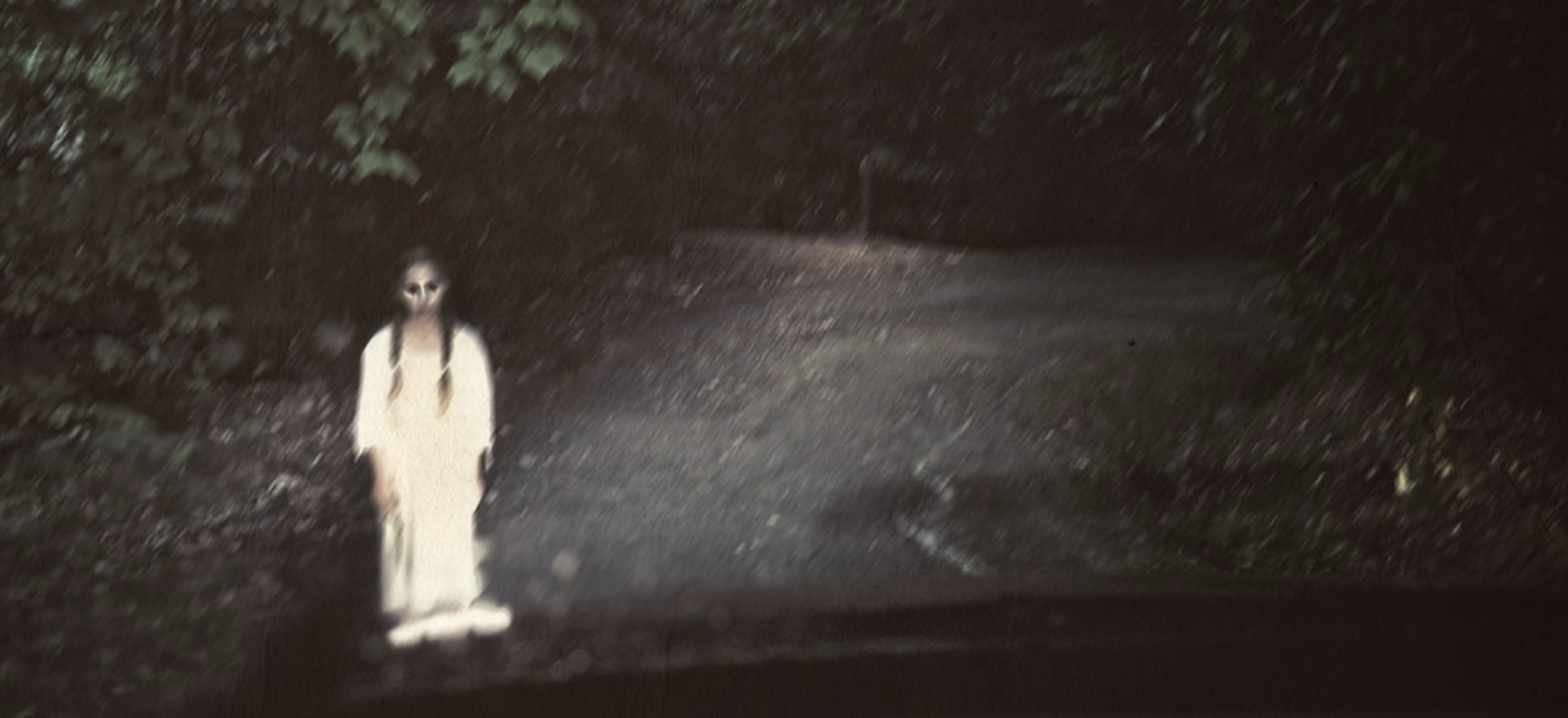
Japanese ghost tales that will keep you up at night Japan Today
7 Scariest Japanese Ghosts and Ghouls to Haunt Your Dreams We hope you don't find yourself alone with any of these yurei and yokai. By GaijinPot Blog Aug 18, 2021 6 min read Summer is really hot in Japan. To cool down, people used to tell really scary stories.

7 Scariest Japanese Ghosts and Ghouls to Haunt Your Dreams GaijinPot
Banchō Sarayashiki is another Japanese ghost story that has been retold many ways. In this story Okiku, a beautiful maid, is the target of desire for the samurai whose house she works at, Aoyama Tessan. She continually refuses his advances, and in a fit of rage Tessan hides one of 10 expensive plates that Okiku is in charge of counting..
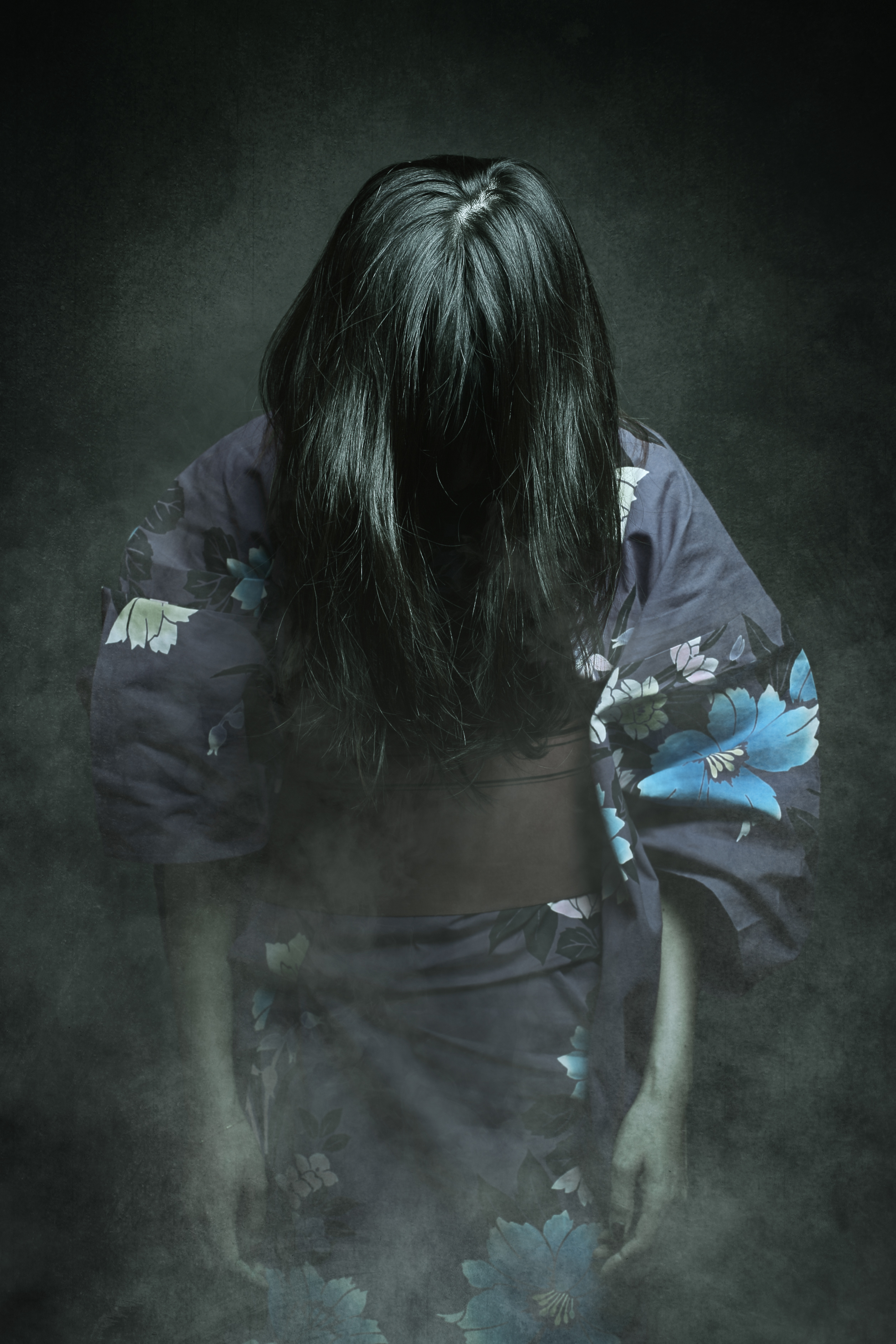
Japanese ghost in kimono dress Littlegate Publishing
Based on traditional Japanese beliefs, human beings have a reikon (soul or spirit) that enters a purgatory when the person dies. It transforms into a yūrei and bridges the gap between the purgatory and the living world if the death is unnatural or due to negligence in the post-funeral rites.
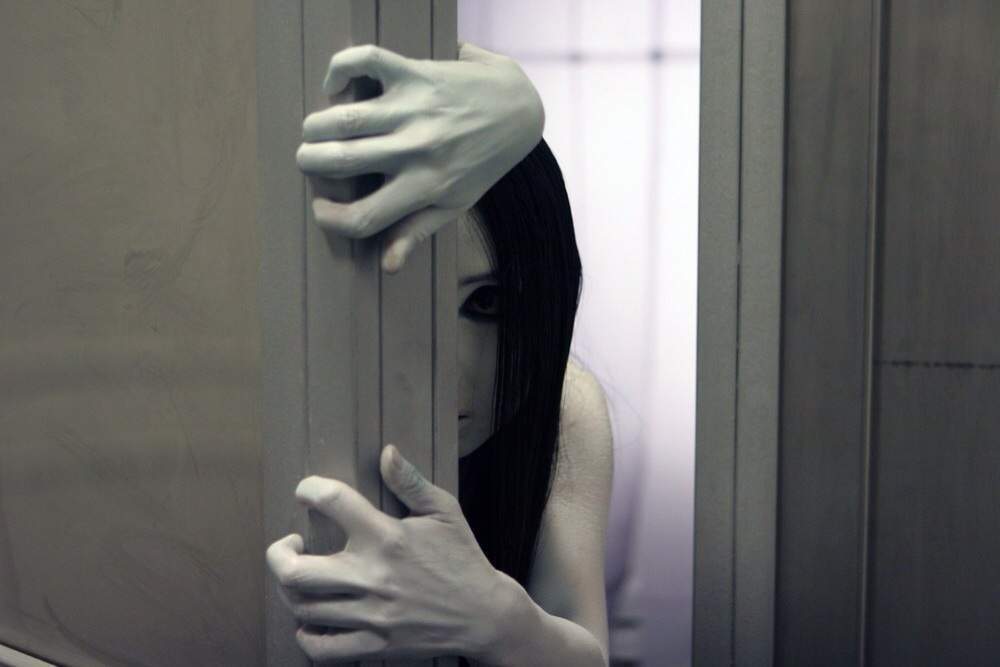
Japanese Ghosts 101 Horror Amino
Yūrei ( 幽霊) are figures in Japanese folklore analogous to the Western concept of ghosts. The name consists of two kanji, 幽 ( yū ), meaning "faint" or "dim" and 霊 ( rei ), meaning "soul" or "spirit". Alternative names include Bōrei (亡霊), meaning ruined or departed spirit, Shiryō (死霊), meaning dead spirit, or the more.
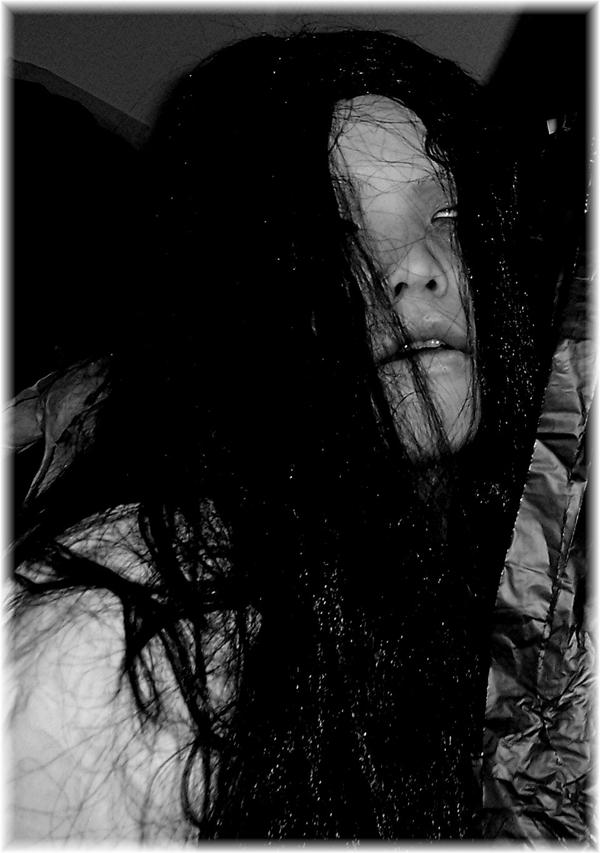
Japanese Ghost by MichaelRMaranda on DeviantArt
Obake (お化け) and bakemono (化け物) are a class of yōkai, preternatural creatures in Japanese folklore.Literally, the terms mean a thing that changes, referring to a state of transformation or shapeshifting.. These words are often translated as "ghost", but primarily they refer to living things or supernatural beings who have taken on a temporary transformation, and these bakemono are.

japanese ghost wallpaper Ghost tsushima fanpop games 1080 1920 title
Oni (demons) and yūrei (ghosts) have played a role in Japanese culture for thousands of years, and stories of new spirits continue to be told today. Much of this list is comprised of hannya,.
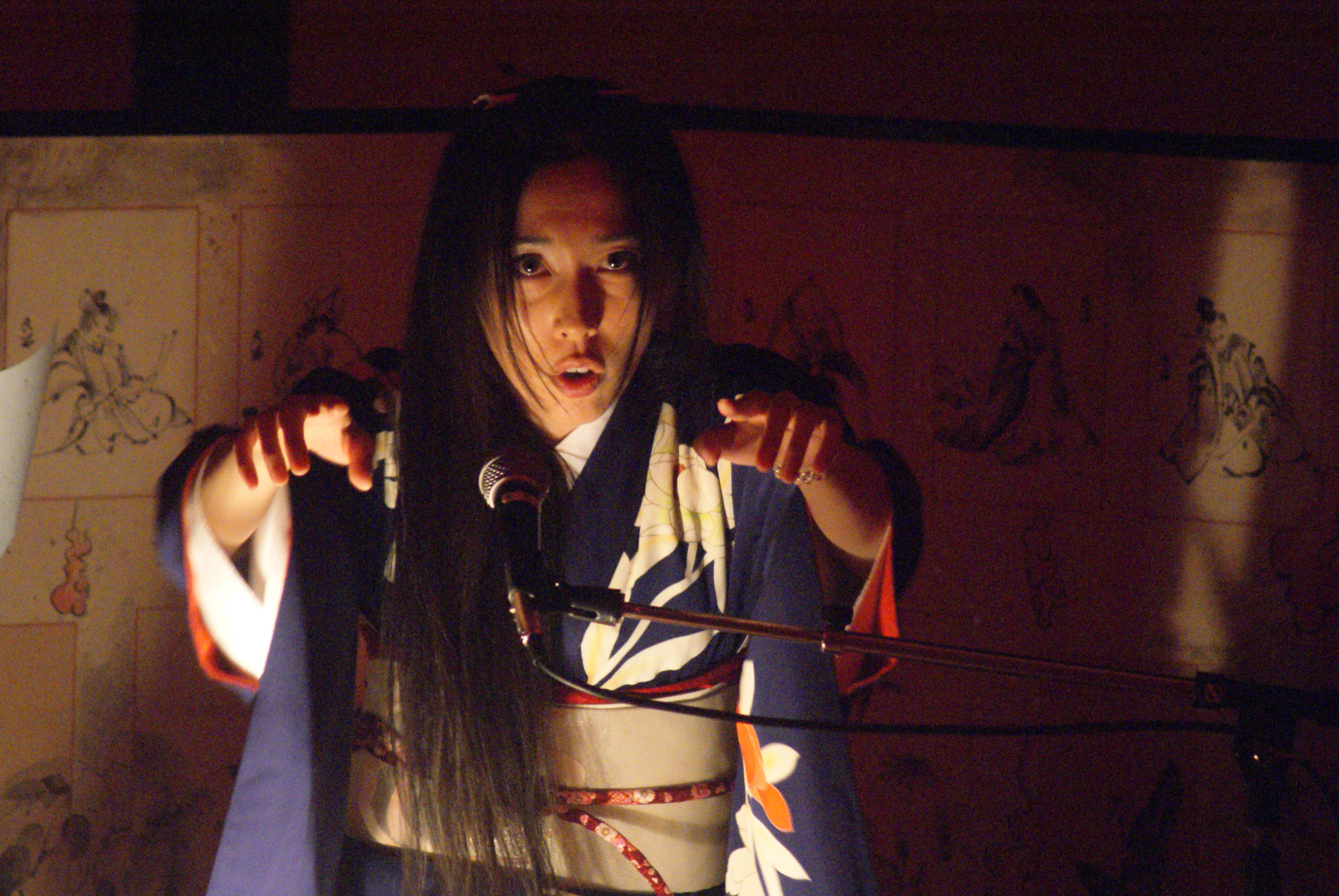
Kisah Menakutkan Jepang yang Akan Membuat Anda Merinding
The kanji for "ghost" in Japanese is 霊, pronounced as "rei." This kanji is composed of two elements: 雨 (rain) and 靈 (spirit). The rain component represents water, while the spirit component signifies something intangible or supernatural.
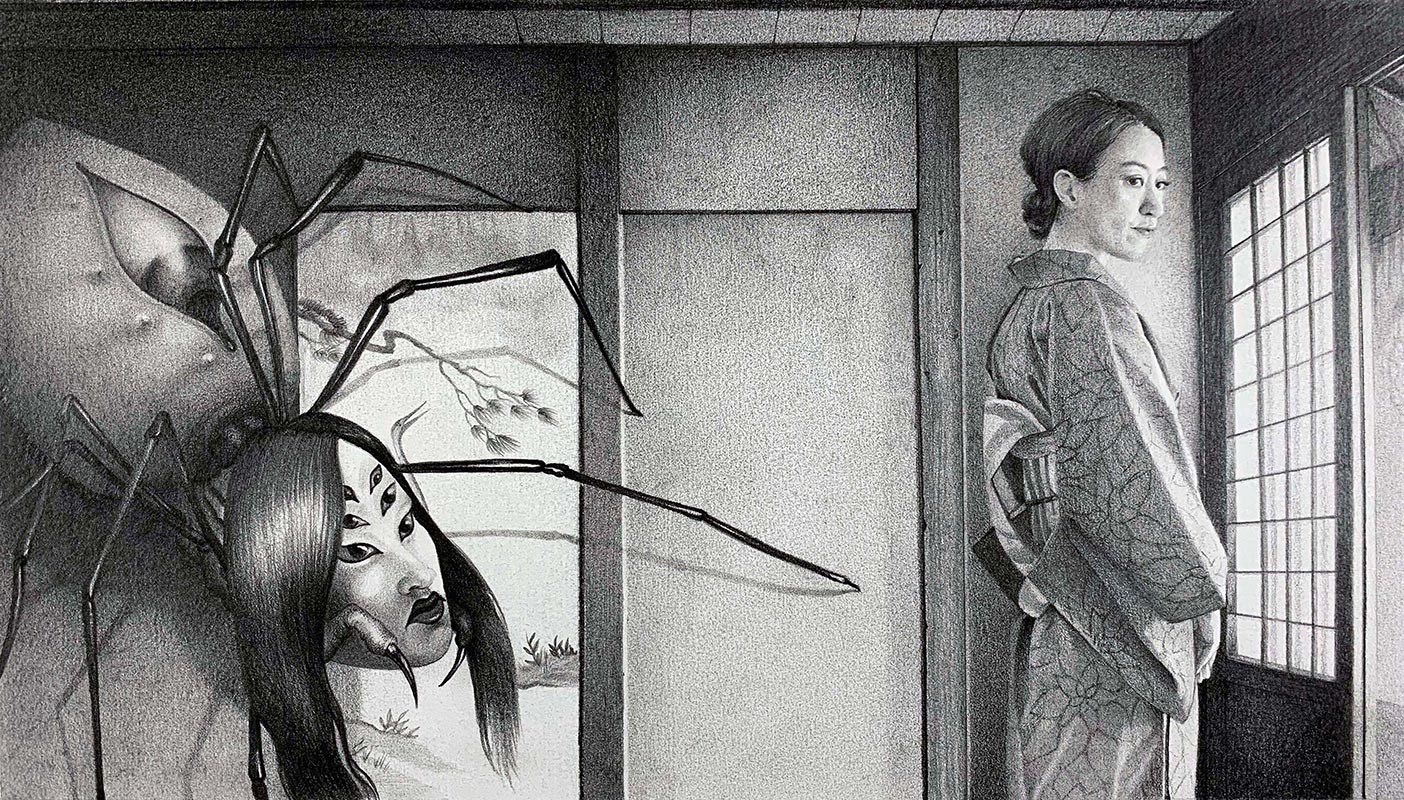
'A Japanese Ghost Story' by Martínez Cánovas WOW x WOW
noun uk / ɡəʊst/ us / ɡoʊst/ Add to word list B1 a dead person's spirit, which some people believe they can see 幽霊, 亡霊 Do you believe in ghosts? a ghost story (Translation of ghost from the Cambridge English-Japanese Dictionary © Cambridge University Press) Translation of ghost | GLOBAL English-Japanese Dictionary ghost noun [ countable ] / ɡoʊst/
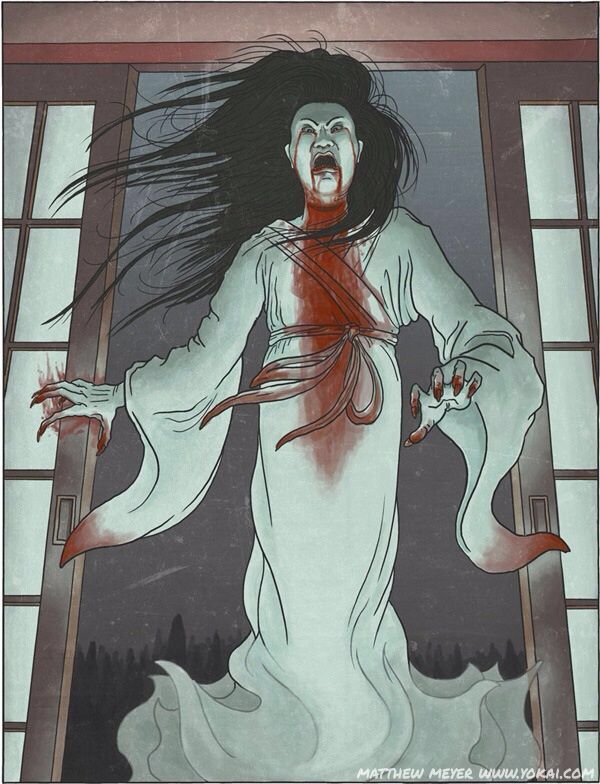
Types Of Japanese Ghosts Horror Amino
A belief in ghosts in Japan goes back to the indigenous Ainu people who considered spirits a manifestation of a person's evil side. Known as takup, they could appear in dreams and pass on messages from the dead or lead the individual on a spiritual journey.